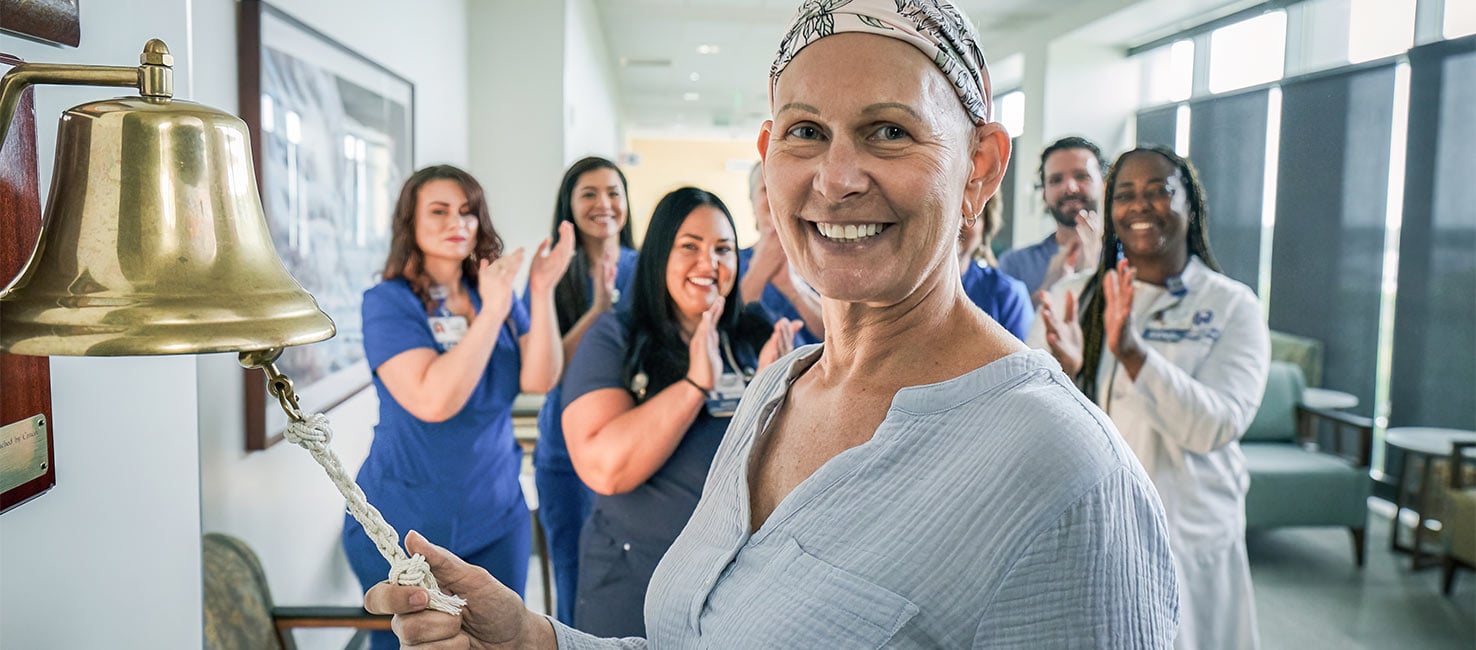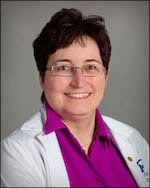
Diagnosing and treating Geriatric Patients
Many older cancer patients feel limited in their pursuit of cancer treatments. For geriatric oncology patients, the pros and cons of anti-cancer therapies must be weighed more carefully for proper treatment assessments.
As people age, multiple factors play a larger role in cancer treatment. For patients 70 and older, their health concerns become more varied. Many factors must be assessed including nutritional restrictions, physical limitations, cognitive issues, and other diseases associated with aging. All these issues can cause oncologists to recommend more conservative, less aggressive treatments. However, Moffitt Cancer Center’s Senior Adult Oncology Program treats the whole person by looking at their overall health – not their age.
 Dr. Martine Extermann, medical oncologist, and program leader of the Senior Adult Oncology Program shared that “aging is the highest risk factor for getting cancer and that geriatric oncology is the ultimate personalized cancer treatment”.
Dr. Martine Extermann, medical oncologist, and program leader of the Senior Adult Oncology Program shared that “aging is the highest risk factor for getting cancer and that geriatric oncology is the ultimate personalized cancer treatment”.
In addition to the cancer diagnosis, our team is committed to the detection and treatment of other illnesses. A holistic approach is used to assess functional limitations and nutritional and psychosocial status. The use of prescription and nonprescription medications is reviewed, and possible harmful interactions and side effects are identified. This includes counseling on the use of alternative medications such as herbs and vitamins. Our aim is to provide complete clinical care. We provide education for the patient, family, and community as well as conduct research that contributes to the prevention and cure of cancer.
Exceptional patient outcomes are the key focus of the Senior Adult Oncology Program. Moffitt continues to make advancements in areas that most affect geriatric patients like Reichert’s disease, bladder cancer, which has the highest average age of occurrence. Moffitt’s survival rates often exceed national averages leading to an overall increased quality of life.
If you'd like to refer a patient to Moffitt Cancer Center, complete our online form or contact a physician liaison for assistance. As part of our efforts to shorten referral times as much as possible, online referrals are typically responded to within 24 - 48 hours.
